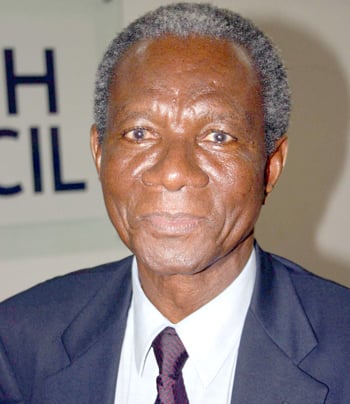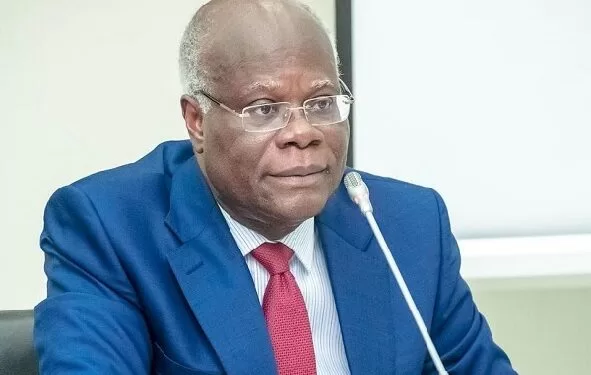Ghanaian economist Kwame Pianim has urged the country’s development partners and donor agencies to be circumspect and measured with their reaction to the passage of the anti-LGBT+ bill.
In an interview with TV3, Kwame Pianim stated that Ghanaians must not be made to suffer the ‘sins’ of those who led the passage of the bill.
According to him, the country is already grappling with unprecedented hardship and that the United States and other countries will be worsening the plight of Ghanaians if they decide to sanction the country.
He urged them to vent their spleen on the Speaker of Parliament and proponents of the bill instead of Ghanaians.
“My appeal to the US and the other countries who feel very strongly about LGBTQ rights as human rights is that they should not use the instrument of sanctioning the whole country, they should put sanctions on the Speaker of Parliament, those who moved the bill and the 275 of the MPs, put sanction on them and leave the Ghana economy alone.
“This is not a referendum that has been passed by the people of Ghana, we are already suffering, so don’t add any sanctions to it, sanction the people who are doing this and if these people make our problems worse, all of us Ghanaians should consider seriously, this 8th parliament of the fourth republic, the administration none of them should receive their gratia.”
Kwame Pianim also expressed puzzlement with the statement from the Ministry of Finance, asking President Akufo-Addo not to assent the bill due to the possible implications on the economy.
Pianim wonders the level of engagement and interest the government took in the processes leading to the passage of the bill.
“I think that if this document is really true it shows how incompetent our administration is. It is really shambolic. Where was the Ministry of Finance when this bill was being discussed?
“Normally, when a bill is being discussed in Parliament, bills come from the government, the cabinet minister will take the document to parliament, convince his colleagues that he wants to pass this Act, and then it goes to Parliament.
“The Ministry of Finance should have sent this document to the cabinet and to the president and to the relevant committees of Parliament that were discussing it to say these are the financial implications of this bill.
“That is how it is done and then if the president is up to the task and he is doing his job then the president will hold the breakfast meeting, invite Parliamentary leaders and say this is where the national interest is, this is the geopolitical implications of this bill and therefore think twice before you move ahead. That is what is done, you don’t wait for the bill to be passed and then you disgrace the whole nation,” he said.

 Sports4 days ago
Sports4 days ago
 Business4 days ago
Business4 days ago
 Business4 days ago
Business4 days ago
 Health4 days ago
Health4 days ago
 Business4 days ago
Business4 days ago
 Politics4 days ago
Politics4 days ago
 Entertainment4 days ago
Entertainment4 days ago
 Politics4 days ago
Politics4 days ago













